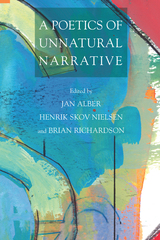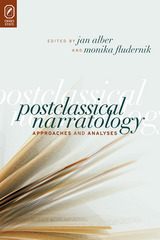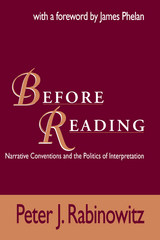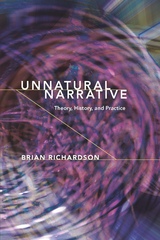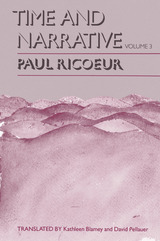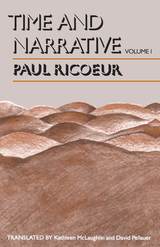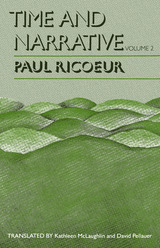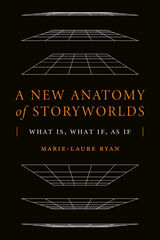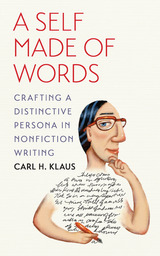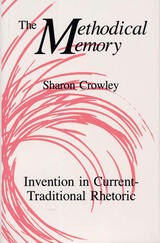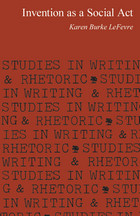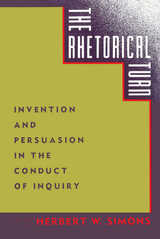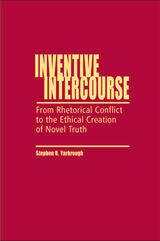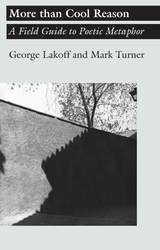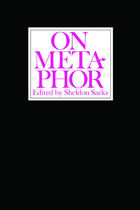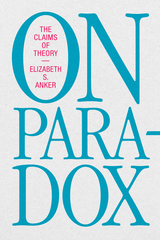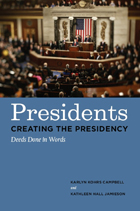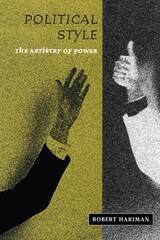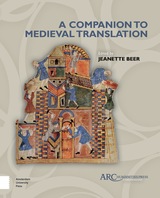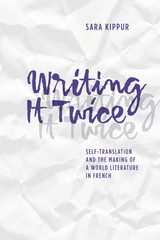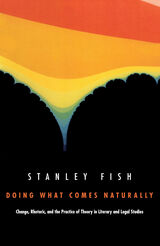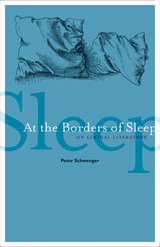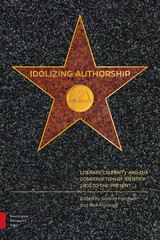The Rhetorical Turn: Invention and Persuasion in the Conduct of Inquiry
University of Chicago Press, 1990
eISBN: 978-0-226-75903-6 | Cloth: 978-0-226-75901-2 | Paper: 978-0-226-75902-9
Library of Congress Classification PN221.R48 1990
Dewey Decimal Classification 808
eISBN: 978-0-226-75903-6 | Cloth: 978-0-226-75901-2 | Paper: 978-0-226-75902-9
Library of Congress Classification PN221.R48 1990
Dewey Decimal Classification 808
ABOUT THIS BOOK | AUTHOR BIOGRAPHY | TOC | REQUEST ACCESSIBLE FILE
ABOUT THIS BOOK
We have only recently started to challenge the notion that "serious" inquiry can be free of rhetoric, that it can rely exclusively on "hard" fact and "cold" logic in support of its claims. Increasingly, scholars are shifting their attention from methods of proof to the heuristic methods of debate and discussion—the art of rhetoric—to examine how scholarly discourse is shaped by tropes and figures, by the naming and framing of issues, and by the need to adapt arguments to ends, audiences, and circumstances. Herbert W. Simons and the contributors to this important collection of essays provide impressive evidence that the new movement referred to as the rhetorical turn offers a rigorous way to look within and across the disciplines.
The Rhetorical Turn moves from biology to politics via excursions into the rhetorics of psychoanalysis, decision science, and conversational analysis. Topics explored include how rhetorical invention guides scientific invention, how rhetoric assists political judgment, and how it integrates varying approaches to meta-theory. Concluding with four philosophical essays, this volume of case studies demonstrates how the inventive and persuasive dimensions of scholarly discourse point the way to forms of argument appropriate to our postmodern age.
The Rhetorical Turn moves from biology to politics via excursions into the rhetorics of psychoanalysis, decision science, and conversational analysis. Topics explored include how rhetorical invention guides scientific invention, how rhetoric assists political judgment, and how it integrates varying approaches to meta-theory. Concluding with four philosophical essays, this volume of case studies demonstrates how the inventive and persuasive dimensions of scholarly discourse point the way to forms of argument appropriate to our postmodern age.
See other books on: Inquiry | Invention | Invention (Rhetoric) | Persuasion | Persuasion (Rhetoric)
See other titles from University of Chicago Press

